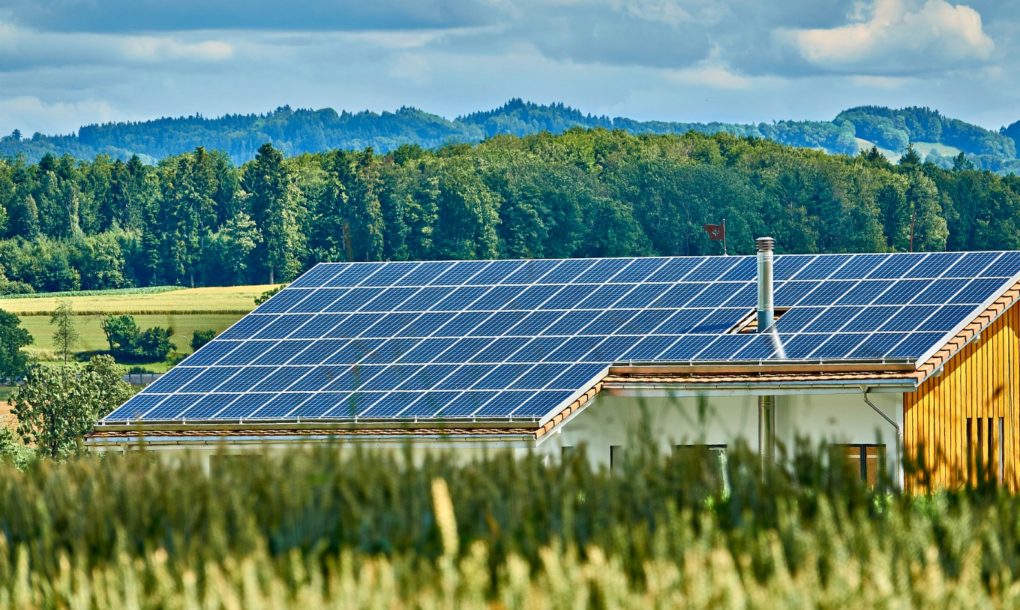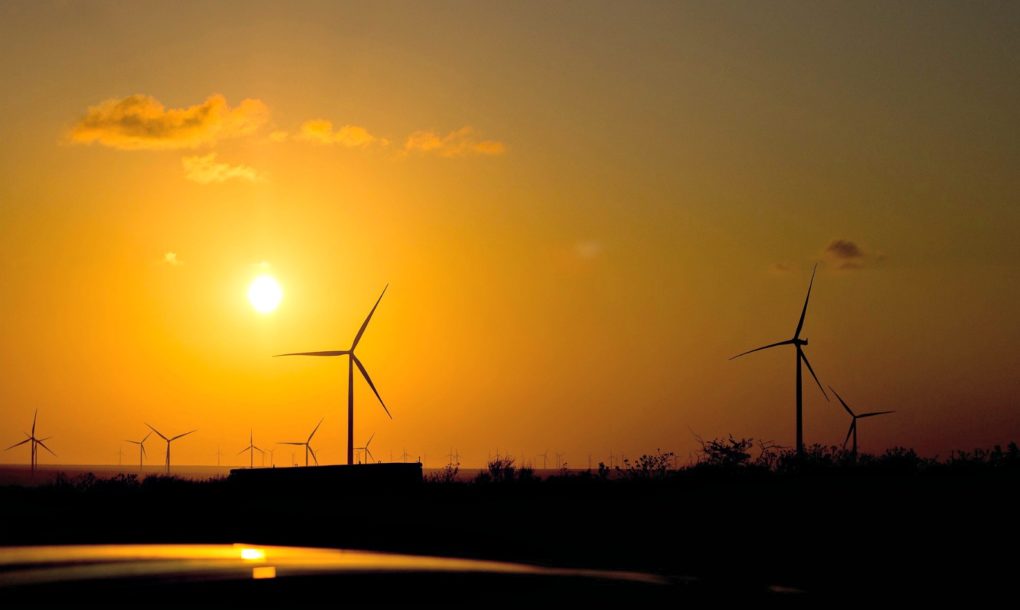RECOMMENDED VIDEOS

CoolStream R Evaporative Cooler: For cooling, heating &…
Colt International Ltd UK

Trina Solar : DUOMAX Solar
Trina Solar (Singapore) Pte Ltd

Energy saving, long life LED Solid State lighting products…
LEDtronics, Inc.,

Polymeur Sun Singapore - Large Scale Roof Top Solar Installations
Polymeur Sun Singapore Pte Ltd

Introduction of Onyx Solar BIPV
Onyx Solar Energy S.L.
Related Stories
The largest solar farm apiary in the US opens this week
The City of London will be powered with 100% renewable energy by October 2018
New study suggests that plastic waste may be transformed into usable energy
Uravu’s zero-electricity Aqua Panels produce gallons of water from thin air
104% of Portugal’s electricity consumption in March came from renewable energy
04 Nov, 2017

Italy seeks to phase out coal power plants by 2025
Renewable Energy & Energy Efficiency | ITALY | 31 Oct, 2017
Published by : Eco Media Asia
Nation by nation, Europe is going green. The latest country to prove its commitment to sustainable solutions is Italy. On Tuesday, the Italian Industry Minister announced that by 2025, the country plans to phase out coal power plants. Additionally, the country plans to meet 27 percent of “gross overall energy consumption” with renewable sources by the year 2030.
During a parliamentary hearing, Minister Carlo Calenda asked the national grid company to identify the infrastructure needed to make the transition. Shortly after, the country’s biggest utility, Enel, said it will not invest in new coal-fired power plants.

Unlike other countries in Europe, Italy’s renewable sector is constantly growing. In 2015, for instance, renewable energy sources generated just under 38 percent of the country’s electricity. Hydro-electrical plants remain the biggest contributor (15.5 percent), and solar and wind sources have reached nearly 13 percent, according to ZME Science. The country has no nuclear plants, as they were banned through a referendum in 1987.

Chris Littlecott, who heads a fossil fuel transition program at think tank E3G, applauded the development. “Italy’s positive commitment to phase out coal by 2025 demonstrates real international leadership as it completes its year holding the G7 Presidency,” he said in a statement. “Italy now joins its G7 peers in Canada, France, and the UK in taking action to phase out coal power generation over the next decade. Together, they can lead a growing coalition of countries and regions that are now acting on coal,” he said.

Though this development is commendable, nothing has been confirmed just yet. The strategy should receive governmental and parliamentary approval at the beginning of November. If it passes, the measure will also speed up the introduction of vehicles powered by alternative fuels, and it will raise the number of EV charging stations to 19,000 by 2020.
Article from inhabitat.com
by Amanda Froelich
